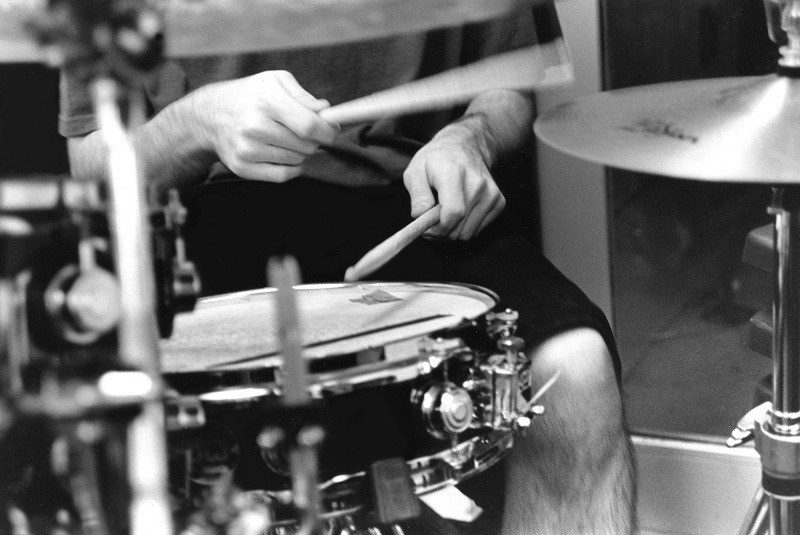INDIE SPOT
How To Improve Your Drumming Skills
1. Return to the basics
Most drummers usually try to do more than they are ready for which usually results in gaps in their drumming skills and even bad habits. It is essential that you thoroughly learn and master the basics of drumming so that you have a strong foundation to build upon. Get yourself a set of Roland TR 8s and get to practicing. You should spend a great deal of your time practicing and working on the five stroke roll, single and double strokes, paradiddle and more. When you perfect these basics you will be able to move onto the next level.
2. Improve your physical fitness
You may not know this, but in order to play for an hour and a half, you will require the same amount of stamina as a professional athlete. As a result, if you truly want to play at a professional level, you have to work on your fitness. Some of the best exercises to improve your cardio include cycling, running, jogging, etc. You should also do resistance and weight training which will improve your power as well as reflexes. By working out regularly, will help to protect you from injuries. In addition to exercise, stretching and warming up is also important, especially before you need to play since they will improve your performance by increasing blood flow and reducing the chances that you get a muscle strain.
3. Fix your diet
The food you consume on a daily basis impacts your performance while playing the drums. Unfortunately, processed foods that contain a lot of sugar, fat and salt will negatively impact your energy, mood and recovery levels. Therefore, it is best to eat a healthy diet which will give you all the energy you need to play at your best. The best foods to eat include protein such as eggs, chicken, beef, turkey as well as healthy sources of fats and carbohydrates such as avocados, brown rice, olive oil etc. You should also eat lots of fresh fruits and vegetables. Drinking a lot of water is also important and will help to lubricate your joints and keep them supple which is essential for a drummer.
4. Sleep
Drummers need to get enough sleep every night and it is best to get between 7 to 9 hours of rest. This is important so that your body can repair and restore itself and that your brain can process all that you’ve learned during the day. If you have a big gig coming up, getting enough rest is even more important so that you are physically and mentally energized and ready. So, make sure that your bedroom is comfortable and quiet so that you can fall asleep and stay asleep. You should get rid of blue light from your bedroom which includes putting away your phone and other devices, turning off the TV etc at least half an hour before you go to sleep.
5. Play
Playing the drums by yourself is certainly a lot of fun, however, you should play with musicians in order to quickly improve your skills. It will also help you to play with other people and improve your confidence. There are many ways that you can find other musicians and even bands to play with such as Facebook groups and online forums. There are also open mic nights which will not only help you to meet and play with other musicians but you can do so without having to commit to a particular band. There are even online services such as JamKazam that allow you to play along with other musicians from all around the globe from the comfort of your home.
6. Practice using a click
It is extremely important to be able to play in time, especially if you want to play with a band. Most drummers don’t have a accurate internal clock, so in order to get better, you need to practice to a click. This is a great way to improve your timing and there are many metronome apps that you can use. Electronic drum sets usually have click functions and even training. You should strive to practice this for at least 10 minutes per day and it will undoubtedly improve your ability to play in time.
7. Go slow
Even though playing at a fast tempo is fun, you need to learn to play precisely in order to sound good. So, you should practice difficult parts at a slower rate until you can comfortably and accurately play the entire part. Then, you can start to increase your tempo to the desired speed. Even though playing at a slow tempo is difficult, it will help you to become more skilled and eventually reach the speed you desire.
FOR MORE NEWS AND ARTICLES, CONNECT WITH US ON MUZIQUE MAGAZINE, FACEBOOK, INSTAGRAM, AND TWITTER




















